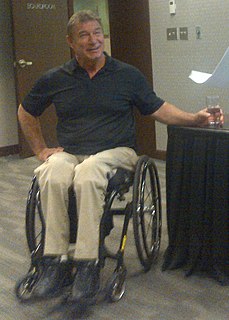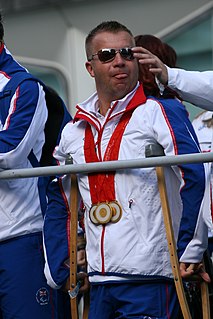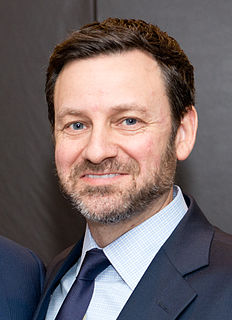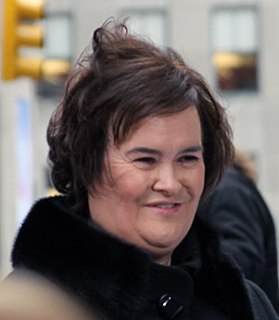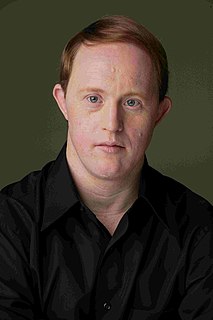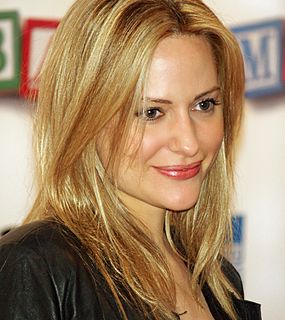A Quote by Jim Abbott
It's not the disability that defines you; it's how you deal with the challenges the disability presents you with.
Quote Topics
Related Quotes
There are millions of people out there ignoring disabilities and accomplishing incredible feats. I learned you can learn to do things differently, but do them just as well. I've learned that it's not the disability that defines you, it's how you deal with the challenges the disability presents you with. And I've learned that we have an obligation to the abilities we DO have, not the disability.
A savant, by definition, is somebody who has a disability and, along with that disability, has some remarkable ability. Prodigies and geniuses have the remarkable abilities that the savant shows, but they do not have a disability. So, by definition, a savant includes someone with a disability, and a prodigy or genius are people who have these remarkable skills but they do not have a disability.
There are some cases that have come to my attention where there's been a head injury, or getting struck by lightning and surviving, with really no disability or residual. So there are cases that I'm aware of where there's been some incident which triggered the acquired savant ability, but is not associated with long term disability, so that can occur. But I think that's probably the exception rather than the rule in that I think many of the acquired savants do end up with some residual disability.




